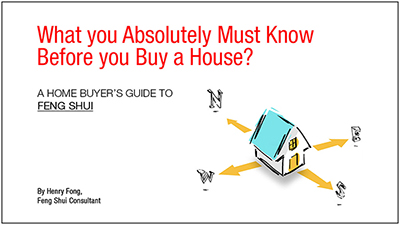There is a very popular Chinese saying, “Ailment of the heart, requires medicine of the heart”. To the Chinese people, the term heart and mind is interchangeable and the saying refers to psychological or mental illnesses and implies that they can be cured by psychological means!
According to the ancient Chinese there are seven human emotions. They are joy, anger, anxiety, melancholy, sorrow, fear and fright. These emotions are human being’s response to the external environment. In small doses, they do not cause any physical ailments but in large quantity and over prolonged periods, they can affect the proper functions of a person’s internal organs.
The emotion of joy and fright is related to the heart which in turn related to the element fire. The emotion of melancholy is related to the spleen and the earth element, while the emotion of anxiety and sorrow with the lungs and the element metal. Finally the emotion of fear is related to the kidneys and water, while the emotion of anger with the liver and the element of wood.
Hence, too much joy can affect the heart while prolonged anger can hurt the liver. Too much of a melancholy feeling can harm the spleen while too much anxiety or sorrow can hurt the lungs. Finally too much fear and nervousness can be detrimental to the kidneys.
According to the ancient Chinese, the one human emotion can be curbed using another emotion based on the controlling cycle of the Five Elements. For example joy (five) can overcome anxiety/sorrow (metal), which in turn can over anger (wood). Anger (wood) can overcome melancholy (earth) which in turn can overcome fear (water).
But the same rule, you can use one human emotion to release another.
Let’s illustrate further with a popular story about physician Wen Zhi who lived during the Spring and Summer period. He was summoned to the palace to treat the King who was suffering from extreme headaches. The prince was extremely distressed by his father’s ailment and begged Wen Zhi to cure him.
Wen Zhi told the prince that he will cure his father but in the course he will lose his life. The prince could not understand what Wen Zhi said but did not pursue as he was more concerned with his father’ ailment.
The next time the king had one of his headaches he summoned Wen Zhi but this time Wen Zhi ignored him. This happened a few times and the king was extremely upset. He sent his troops to drag Wen Zhi to the palace. On seeing the king, instead of help him, he insulted the king. In extreme anger and with fire raging in his eyes, the king ordered that Wen Zhi be cooked in a pot.
A few days later, the king made a surprising recovery. It was only then that he understood why Wen Zhi acted in such a strange way. You see the king’s headaches were caused by anxiety. By deliberately making the king angry, he help the king release his anxiety and hence cured his headaches.

